One of the biggest challenges I have faced is navigating the intersection of mental health, identity, and societal expectations, especially as a Black woman. There has often been a stigma around discussing mental health within my community, and for years, I struggled in silence with depression and anxiety. The expectation to always be "strong" left little room for vulnerability, and I knew something had to change.
This realization pushed me to use my voice in ways I hadn’t before. I became a mental health advocate, openly sharing my story through various platforms, including my TEDx talk and my award-winning (yes, let me big up my chest) documentary, The Blind Stigma. I refused to let shame, stigma and fear dictate the conversation around mental health, and in doing so, I challenged the cultural and societal norms that once kept these discussions unearthed.
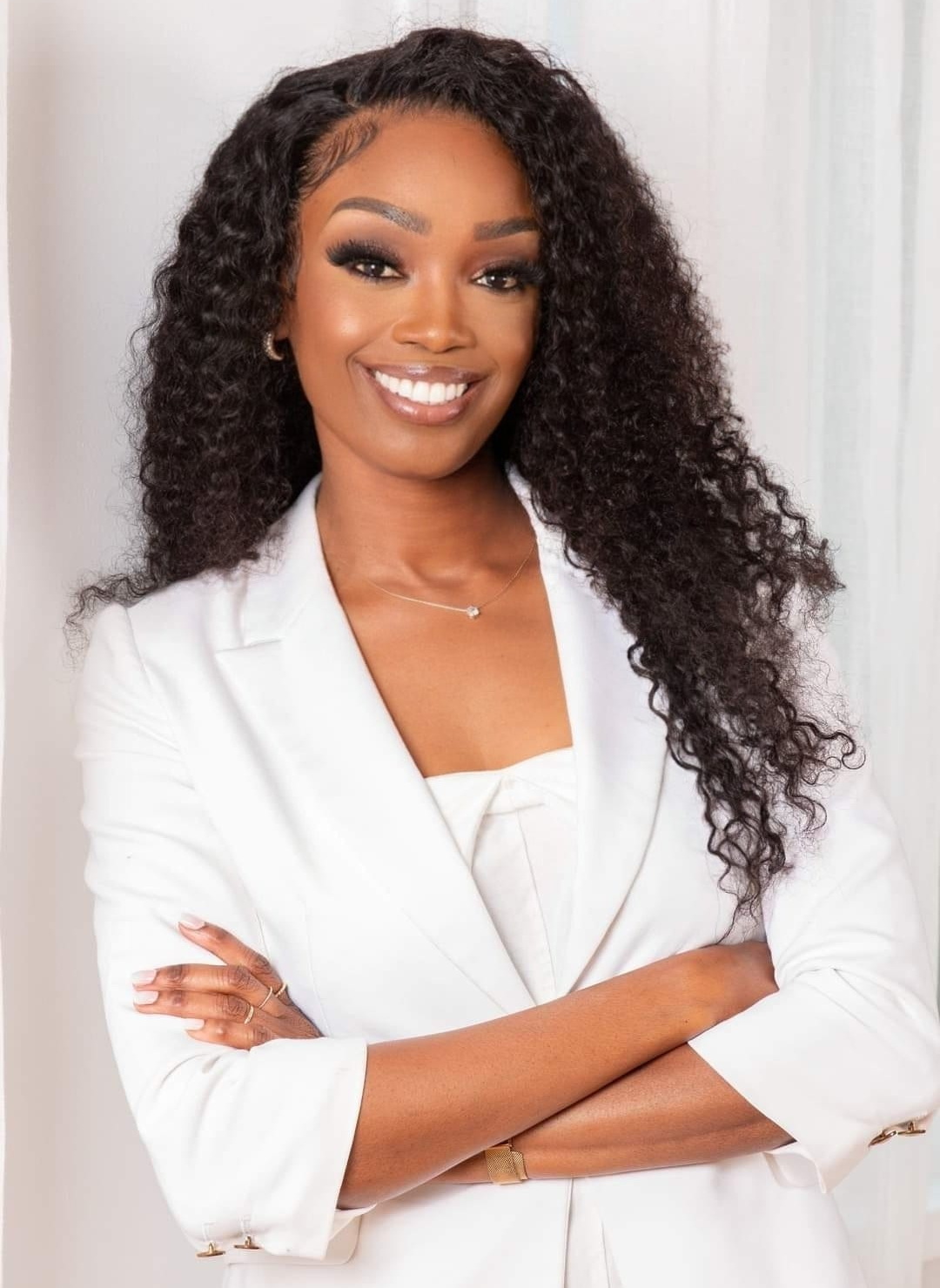
By being open about my own mental health struggles, I have been able to create safe spaces for others to do the same. The Blind Stigma documentary became the first Canadian film dedicated to breaking the stigma around Black mental health, and through that, I have been able to amplify the voices of many who felt unseen and unheard.
Beyond that, my work in theatre and film and as an author allows me to tell nuanced, authentic stories that shift perspectives and create dialogue around mental health, identity, and resilience. My forever goal is always to spark conversation and push for change.
The experience and journey of going against the grain and challenging the norm have surprisingly been rewarding! Speaking out about mental health—especially within the Black community, where it’s still a taboo topic—felt like stepping into uncharted territory, but what I quickly realized was that people were eagerly waiting for someone to break the ice. It was as if the conversation had been looping in the air for years, unspoken yet deeply felt, just waiting for a moment and for a person to give it voice.

Once I did, the response was overwhelmingly beautiful. The messages from people who finally felt seen, the long-overdue conversations that started to unfold, and the shifts in how mental health is being addressed in our communities have made every challenge worth it.
We need more culturally competent mental health resources within the Black community—care that understands our lived experiences, our histories, and our unique struggles. Too often, people don’t seek help because they don’t see themselves reflected in the system. When they do, they’re met with professionals who don’t fully grasp how intergenerational trauma, systemic oppression, and cultural expectations shape mental well-being.
Healing isn’t meant to happen in isolation. Our ancestors healed through community—through shared stories, collective care, and unwavering support. Yet today, many are left to navigate their struggles alone, conditioned to believe vulnerability is weakness. But true healing happens when we are held, seen, and supported. Community care is the foundation of healing intergenerational trauma, and we need more spaces where people can lean on each other without fear of judgment.
Beyond that, we need to start these conversations early. Mental health shouldn’t be something we address only in crisis. Schools, workplaces, CHURCH and communities must integrate mental wellness into everyday life. The more we talk about it, the more we break the cycle of stigma—and remind each other that healing is not just an individual journey, but a collective one.

Giving a TEDx talk on mental health was a defining moment—at the time, I had only been an advocate for a year. Yet, there I was, standing on that stage, sharing my truth with the world. It felt like a culmination of so much lived experience, unspoken struggles, and a deep desire to spark change. That moment proved to me that my voice mattered, that the conversations I was starting were necessary, and that I was stepping into a purpose far bigger than myself.
Producing and directing The Blind Stigma documentary was another huge milestone. Seeing it make Canadian history, resonate with so many people, and contribute to real change in how Black mental health is discussed is something I’ll always be proud of.
But beyond the accomplishments, I’m most proud of how I’ve redefined success on my own terms. I’ve shifted my mindset from booked and busy to paid and peaceful, choosing to align only with opportunities that serve my purpose. As a Black woman, incorporating rest into my journey is a radical act—one that allows me to show up fully, create with intention, and continue this work without losing myself in the process.
I disrupt by daring to be vulnerable in spaces where vulnerability hasn’t always been welcome. I disrupt by telling stories that challenge the status quo, by amplifying voices that deserve to be heard, and by refusing to stay silent about issues that matter.
I’ve shifted my mindset from booked and busy to paid and peaceful, choosing to align only with opportunities that serve my purpose.
I disrupt through my work in media, theatre, and film, ensuring that mental health conversations aren’t just happening in clinical settings, but also in art, culture, and everyday life.
Most importantly, I disrupt by choosing to show up as my full, authentic self, unapologetically. And in doing so, I hope to inspire others to do the same.
And as a PROUD Disruptor, I know there’s no roadmap for this—you create the path as you go. And while it can be exhausting, it’s also empowering to know that the work I’m doing isn’t just making noise; it’s making ripples!
Buchanan’s impact, entrepreneurial work ethic, and achievements have led her to being selected as one of the 100 Black Women to Watch in Canada, one of the 150 Black Women Making Canada Better, one of the 150 Leading Canadians for Mental Health, and landing a TEDx Talk. She is also the author of the award-winning book, “Good For You: 114 Mindful Practices Every Woman Can Adopt For A More Harmonious Life.”
The self-directed and self-funded award-winning documentary, The Blind Stigma, made Canadian history when it debuted as the first documentary produced in Canada that takes an in-depth look at how mental health is perceived within the Black community, cementing Buchanan as a documentary filmmaker.

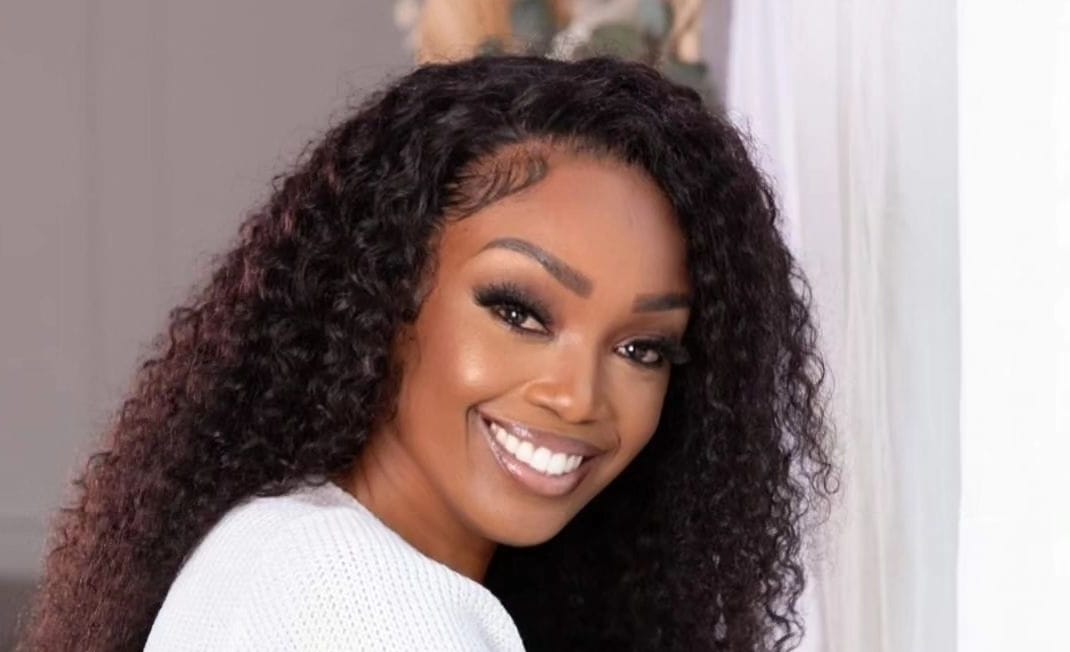
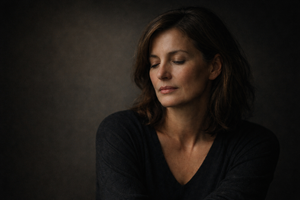


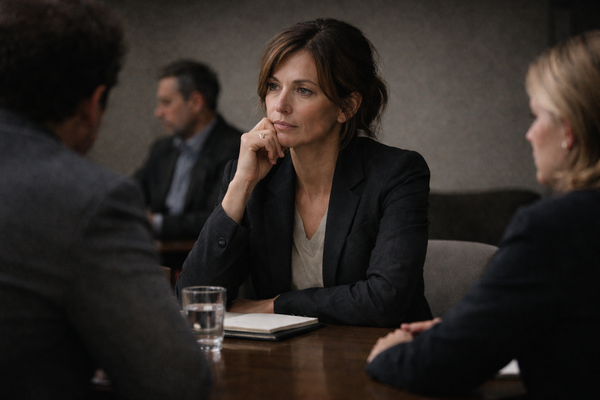
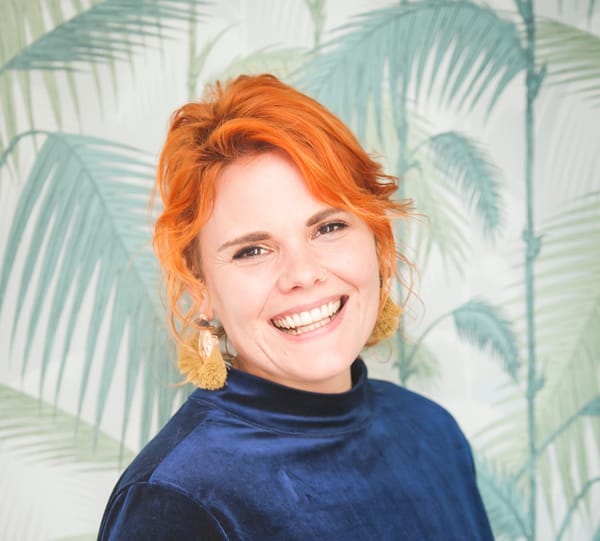



Member discussion